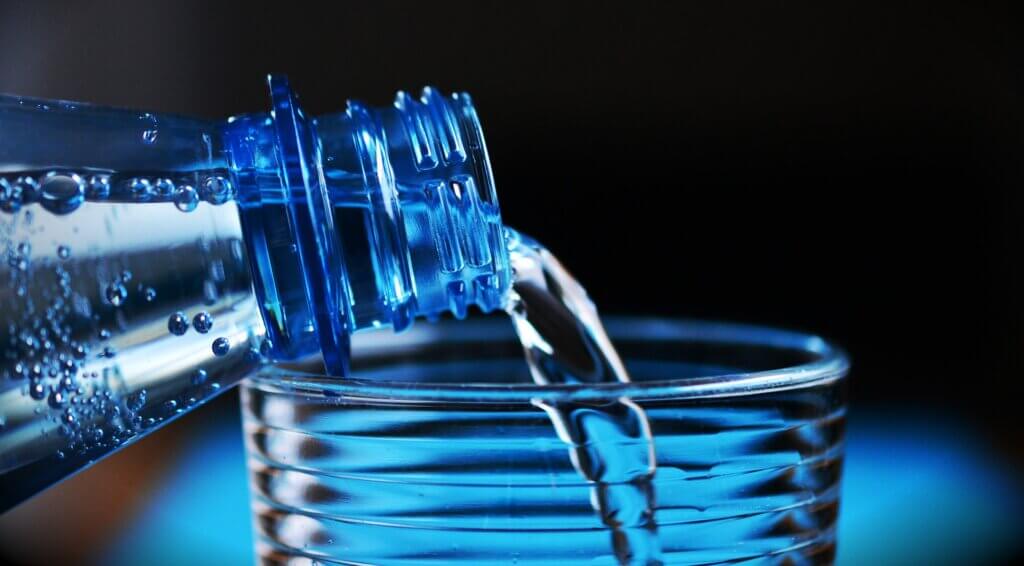Stay Hydrated and Avoid Dehydration
By Joel Ulland, Housing Manager at Kingsway Retirement Living

Did you know that dehydration occurs when your body loses more fluids than it takes in? Your body needs fluids to regulate its temperature, get rid of wastes, and lubricate your joints. Thus, it is important to stay hydrated. Dehydration can happen at any age, but it is more common in seniors, especially when it is hot.
Why is staying hydrated good for us? Staying hydrated helps us to avoid:
- constipation
- electrolyte imbalances
- the loss of balance
- kidney issues
As we age, the amounts of fluid in our bodies steadily decrease. The result is fewer water reserves available for your body to utilize as you age.
Kidney function can decline with age; more water can be lost through urination than what is normally expected. This can throw off your fluid and electrolyte balance.
When your body feels thirsty, this is your body telling you to drink more fluids. The thirst response becomes weaker with age.
Heat exposure can lead to an increase in fluid loss through sweating. You can become sick with fever-like symptoms, vomiting, or diarrhea, which can lead to advanced stages of dehydration. In this situation, hospitalization may be a necessary treatment if the dehydration worsens.
This can lead to mobility issues and increased falls. Medications such as diuretics can play a role in dehydration, as the side effects of medications can include increased urination. You can have the same effect from blood pressure medications, as this can often lead to increased urination to reduce fluid buildup in the body.
What are common signs and symptoms of dehydration?
- dry mouth
- dark color urine
- fatigue or tiredness
- sunken eyes
- poor skin turgor
- decreased elasticity of skin
- dizziness
- muscle cramping
- confusion
- fainting
If any of these symptoms occur, it is very important to seek medical treatment.
How can you stay hydrated?
- Drink small amounts of water frequently throughout the day.
- Eat foods that are high in water content, such as watermelon, grapes, celery, and cucumbers.
